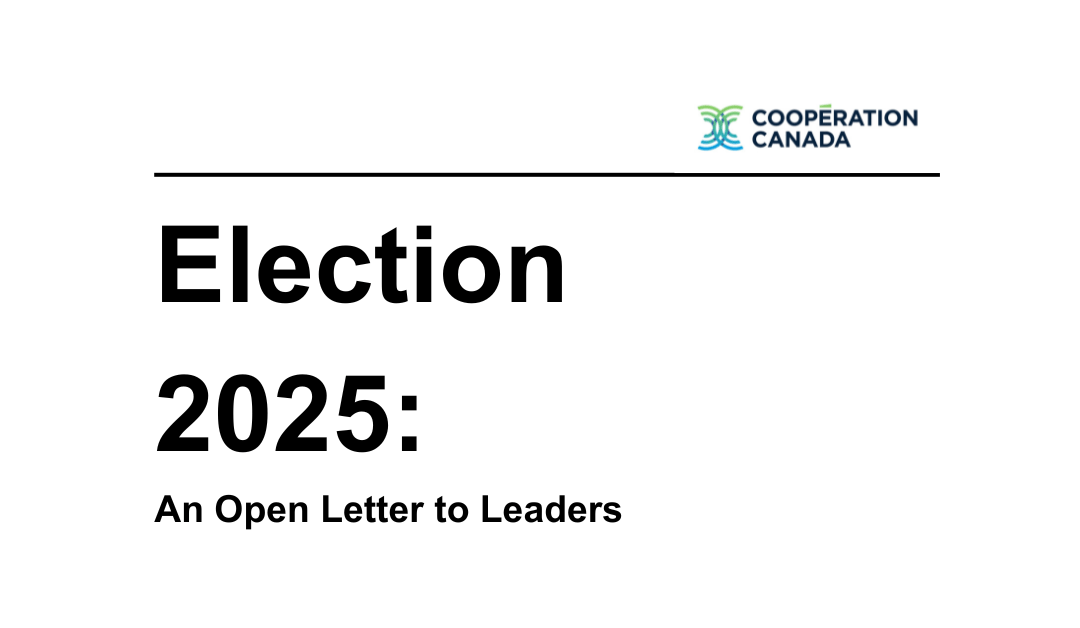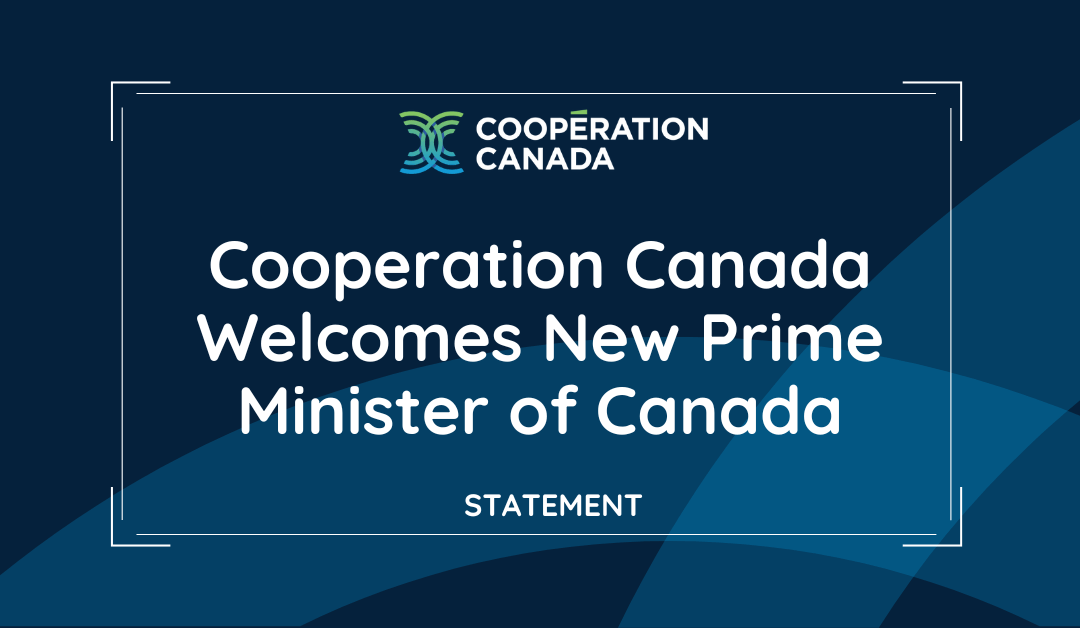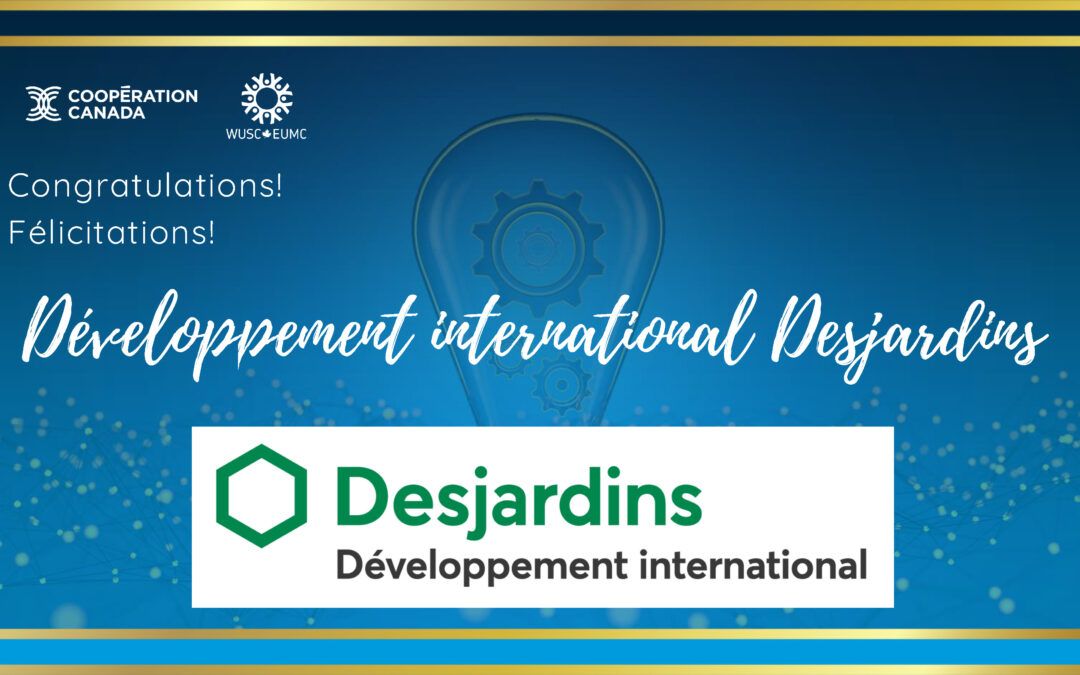
Election 2025: An Open Letter to Leaders
Dear Leaders,
As Canada enters the federal election period, it is clear that economic concerns, particularly the threat of U.S. tariffs and broader financial uncertainty, will dominate the conversation. These challenges are real and urgent. However, they cannot come at the expense of a serious discussion on Canada’s foreign policy and engagement with the world.
Canadians have long championed global solidarity and human rights, not just as ideals, but as vital to our own security, economy, and global standing. A stable, prosperous world benefits Canada. As you present your respective platforms in this federal election, Canadian voters will be expecting a clear vision for how Canada will uphold these values in 2025 and beyond.
Humanitarian needs have surged. In 2025, over 300 million people worldwide will require urgent humanitarian assistance and protection. This unprecedented figure reflects escalating conflicts, climate-related disasters, and economic instability affecting vulnerable populations globally. Human rights and democracy are under attack around the world. Canada must step up. Inaction today will cost far more than sustained engagement and prevention tomorrow.
Canada has shown leadership before in times of crisis. We must do so again.
Standing with those in need is not just a moral imperative. It is an investment in global stability, security, and our collective future. Investing in global health helps prevent the spread of infectious diseases. Investing in economic development opens new markets for Canadian businesses, driving job creation at home.
Leaders, investing in a strong, engaged Canada on the world stage is not just the right thing to do-it’s also in our interest.
The next government will face no shortage of challenges, from tackling the housing and cost-of-living crises at home, to managing a precarious relationship with the U.S. These priorities are urgent. But retreating from the world would be a short-sighted miscalculation of Canada’s national interests. Now is a time for Canada to invest in varied and diverse partnerships with countries across the world.
Cooperation Canada and our members are committed to working with you towards a strong, values-driven foreign policy that upholds human rights and dignity, strengthens global stability, and secures our collective future. We stand ready to offer insights and ideas on how-in a highly disrupted world order-Canada can step up and engage, including on international cooperation. Like any system, the international cooperation system should evolve, and we are ready to work with you to be part of this change.
As you present your platforms, we urge you to propose a clear and strategic vision for Canada’s global engagement. Canadians deserve to know how their country will engage with the world in ways that reflect our values, uphold our commitments, benefit our country and ensure our continued global leadership.
Sincerely,
Kate Higgins
CEO, Cooperation Canada





